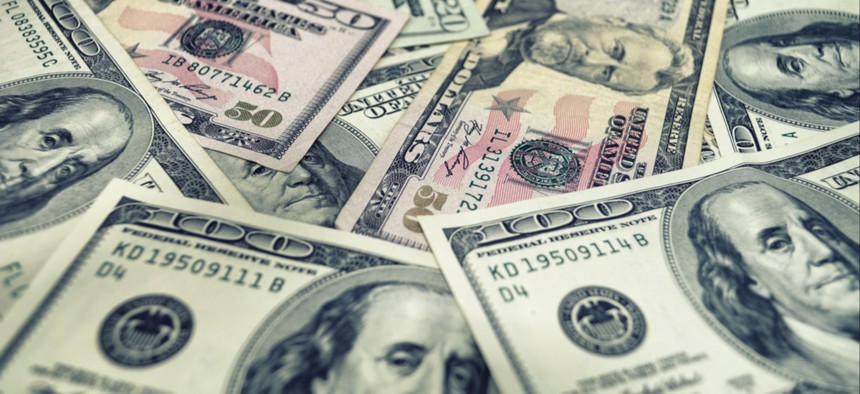What Will Big Tech Do With All Its Repatriated Cash? Buy Everything.

fedir13/Shutterstock.com
Corporate wallets are bulging.
Corporate wallets are bulging and now is the time to spend it, according to new research by BofA Merrill Lynch Global Research. Since 2009, spare cash has overwhelmingly been used for share buybacks, as opposed to dividends, acquisitions, or capital expenditure.
But with increasing confidence in a sustainable global recovery as well as lower corporate taxes and a windfall of repatriated cash from abroad (Apple alone has almost $270 billion outside the US and is bringing most, if not all of it, home) due to US tax reform, there are hopes for a boom in capital expenditure. There is a widely recognized link between investment in physical capital, adoption of new technologies, and labor productivity so an increase in company capital expenditure plans is seen as a good thing for raising productivity and hence economic growth.
But not so fast. A survey conducted by BofAML found that companies have already earmarked this extra cash to pay down debt, do more buybacks, and increase wages.
The interesting twist in the analysis is in who has the cash. BofAML estimate that the majority of overseas cash (73%) belongs to only two sectors: tech and healthcare. These two sectors tend to spend less on buybacks and capital expenditure. Tech, in particular, favors spending on M&A, with an average of 40% of non-operating cash spent buying other companies. The comparable spend for the S&P 500 is 24%.
Additionally, outside of financial companies, the top 50 overseas cash holders hold over 80% of the cash, and, within this group, M&A is twice as popular as capex.
This all makes it more likely that repatriated cash will fuel the next M&A cycle than the next capex boom. And that could be a good thing for big banks like Goldman Sachs, JP Morgan Chase, and Morgan Stanley which make more money from US M&A than anyone else.
NEXT STORY: All Followers Are Fake Followers





